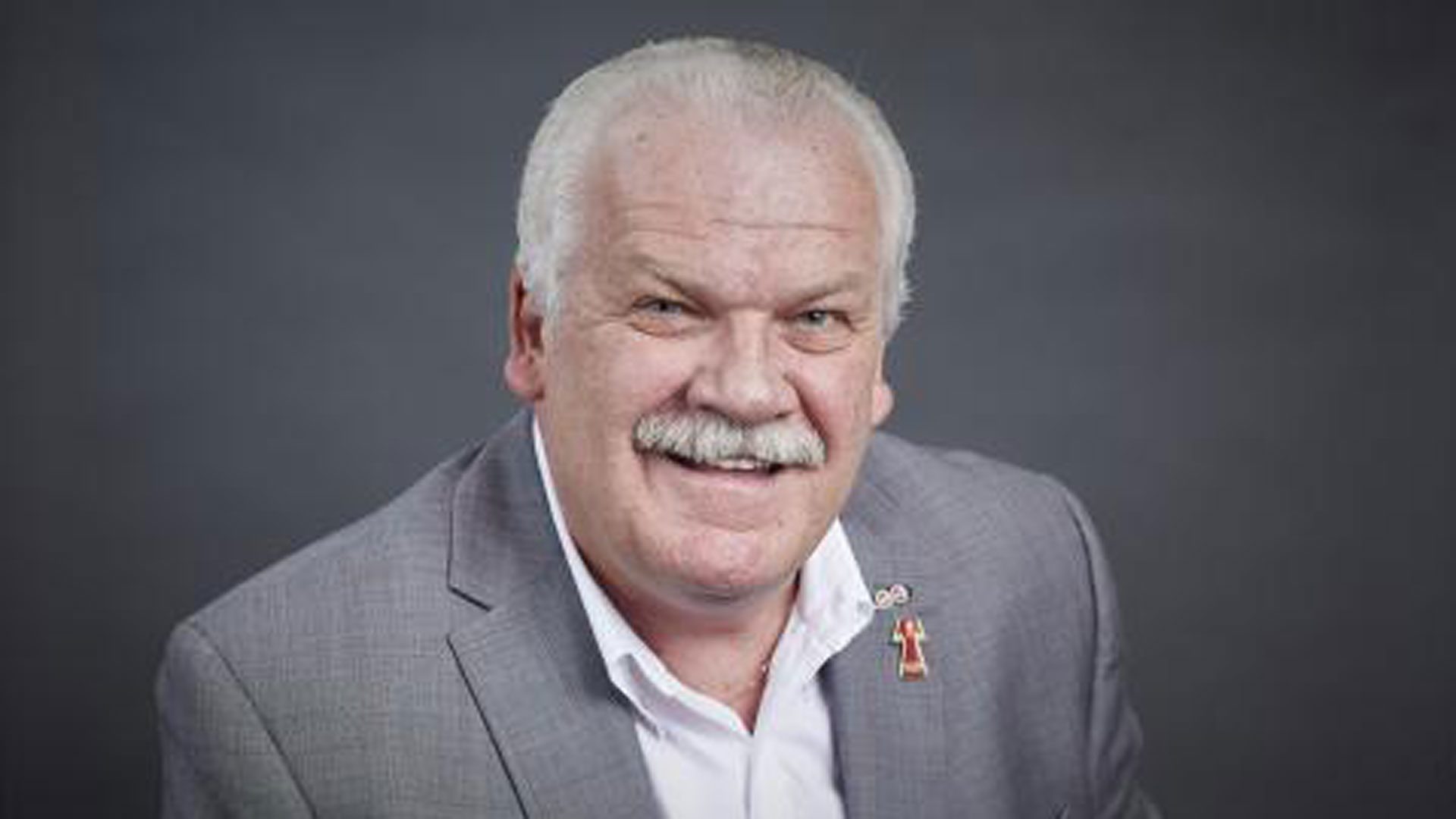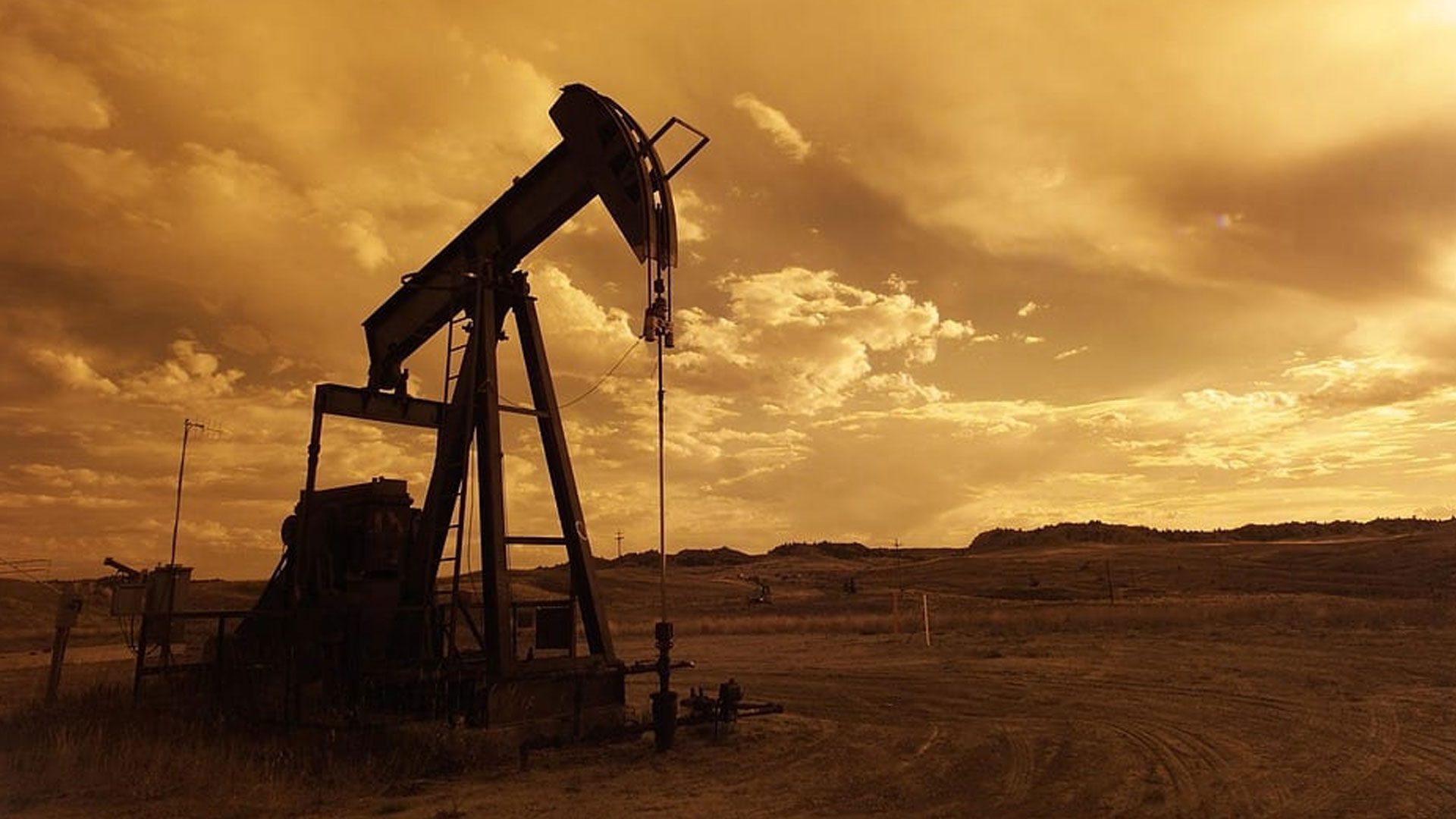
The headquarters of Indigenous Services and Crown Indigenous Relations are located in Gatineau, Que., just across from Ottawa. Photo: APTN
The head of one of the country’s largest labour unions promises support for Indigenous bureaucrats advancing a class-action lawsuit against the federal government.
The claim, filed in 2021 by two First Nations women, alleges widespread systemic discrimination and harassment at the two departments responsible for Indigenous affairs.
“We’re certainly supporting the class action,” said Chris Aylward, national president of the Public Service Alliance of Canada (PSAC), in a phone interview. “We applaud the Indigenous voices calling on the government to do what is necessary to right some of these wrongs and to ensure that these injustices don’t continue.”
The multi-million-dollar suit still must be certified before its allegations can be tested. It was launched about six months after Indigenous employees began going public with stories of racism, harassment and fear.
Aylward said the union followed the reports “fairly extensively” and wants the government to acknowledge the harm caused by systemic discrimination, compensate the victims and make meaningful systemic change.
“We will continue to support the Indigenous public sector employees who have (allegedly) been subject to systemic injustice, racial profiling and the practice of Indigenous employee exclusion,” he said. “They’ve had plenty of time to deal with these issues, and they’re simply not taking the action that’s required.”
Read more:
The federal government employs roughly 300,000 people countrywide and more than half of them are represented by Aylward’s organization. PSAC is already backing a different class-action suit filed by Black public sector workers that also accuses the government of systemic racial discrimination.
The Federal Court recently refused to delay a certification hearing in that case after the Justice Department alleged it overlapped too much with the Indigenous class action, PSAC said in a March 11 press release.
Occasionally, when law firms file competing or “overlapping” class actions, they have to fight amongst themselves to determine which firm is best situated to litigate the claim. The legal process is a called a “carriage motion.”
However, “you need substantial overlapping” to get to that point, “which is absent here in these cases,” said Associate Chief Justice Jocelyne Gagné during a Feb. 16 conference for the Black class action, according to the The Hill Times.
Aylward told APTN it would be “a huge mistake” and “completely unacceptable” for Ottawa to try and lump the claims together simply because they make allegations of systemic racism.
“That’s hugely problematic and demonstrates a fundamental failure to understand the nature and impact of discrimination on each of those groups,” he said.

Courtney Betty, a former Crown attorney working with the Black public servants’ legal team, called Ottawa’s argument a “ridiculous” and “very strange” procedural obstruction tactic.
“It was more of an attempt at delay than any substantive argument,” Betty said over the phone. “It’s just a really ludicrous argument — not bought by the judges — but we’re still going to have to argue it.”
Betty’s team is due to file more arguments on the alleged overlapping later this month. The issue will be decided at the September 2022 hearing.
APTN asked the Treasury Board of Canada, the central agency that manages the bureaucracy, to explain why it’s taking this stance. We received a statement after this story was posted.
“The Government of Canada is committed to creating a diverse and inclusive public service free of discrimination, harassment and violence,” the statement said. “The parties continue to discuss the best means of addressing the issue of overlapping claims with the Court.”
Betty said the Black class action is strictly about the systemic and statistical denial of hiring and promotional opportunities for Black employees across the government over the last 50 years.
In comparison, the Indigenous claim addresses systemic discrimination and harassment only at CIRNAC, ISC or Indian Oil and Gas Canada (IOGC). IOGC is a special operating agency within ISC that regulates fossil fuel extraction and development on First Nations reserves.
The two proposed lead plaintiffs, Yvette Zentner and Letitia Wells, are both Blackfoot and a current and former IOGC staffer, respectively.

A third-party review of the organization unearthed stories of racism consultants called “staggering” in a December 2021 report obtained by APTN under access to information law.
In one case, a manager was reported to have said at a meeting, “What if I go to the community, will I get scalped?”
In another, when a consultant asked an employee if he knew any Indigenous people, he replied, “Only the ones I step over in the street.”
The report’s 78 recommendations were withheld by government censors. However, on March 4, ISC shared a draft strategic planning document with APTN that included the previously redacted recommendations.
The document describes the department’s plan to overhaul the troubled agency in response to the probe. The plan focuses primarily on strengthening policies, processes and training around human resources, grievances and harassment complaints.
The same executive and leadership teams — who, the report found, were either unable or unwilling to deal with misconduct, thus tacitly encouraging it — will remain in place.
Aylward said this sort of approach is “not going to work” and “all symbolism.” There needs to be bedrock operational changes across the government, he added.
PSAC, as part of ongoing contract negotiations, is urging the Treasury Board to implement mandatory systemic racism, harassment, and discrimination training for all employees.
The government, so far, has rejected the proposal, saying it already has some required training in these areas.










